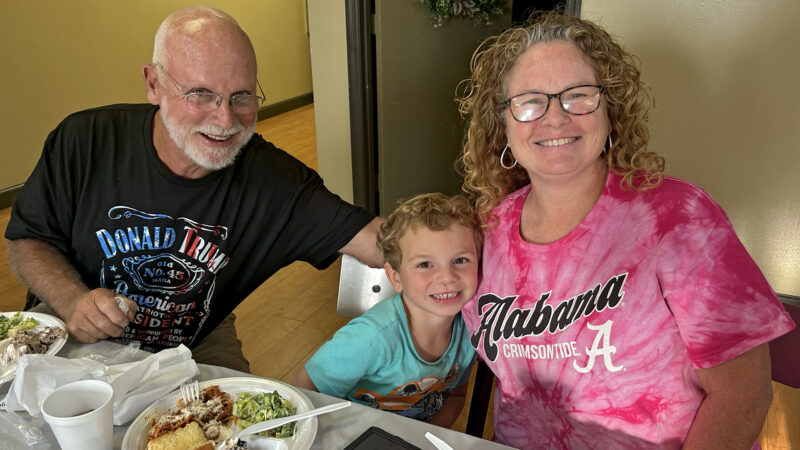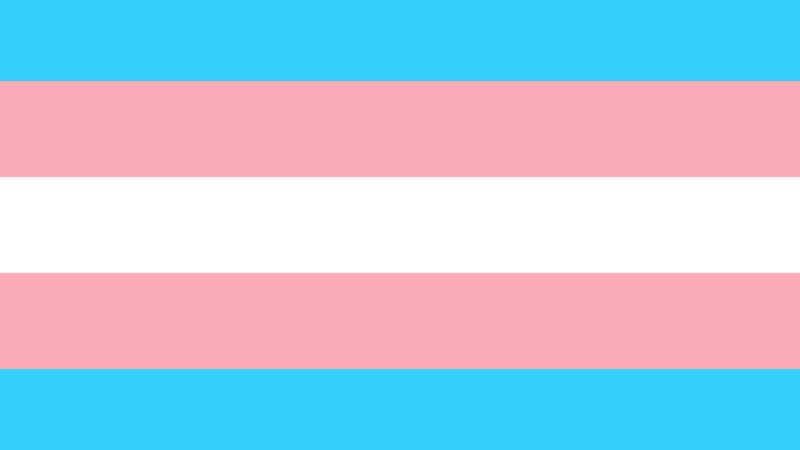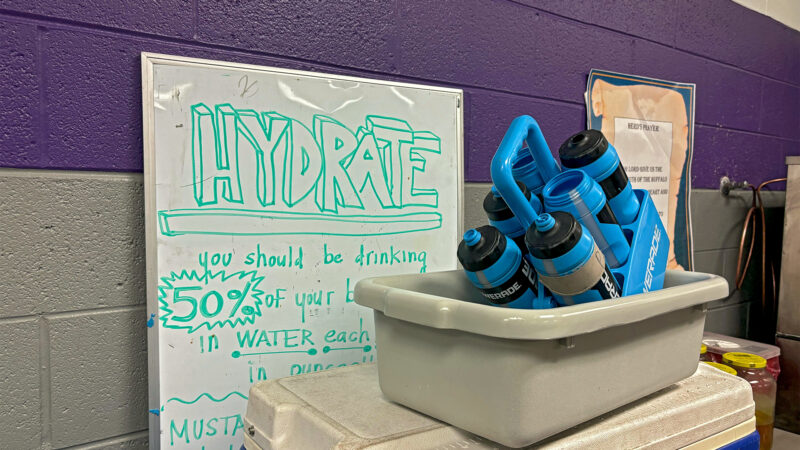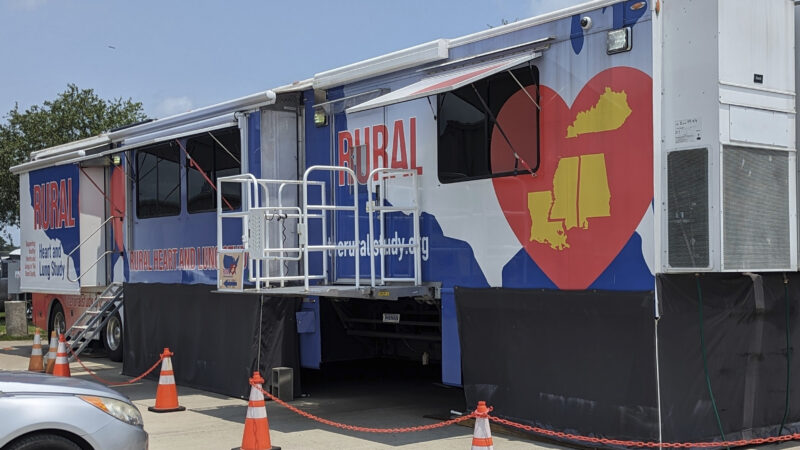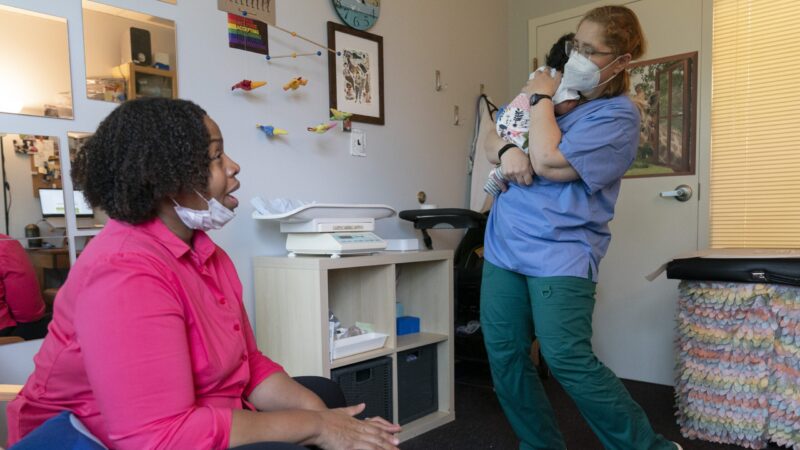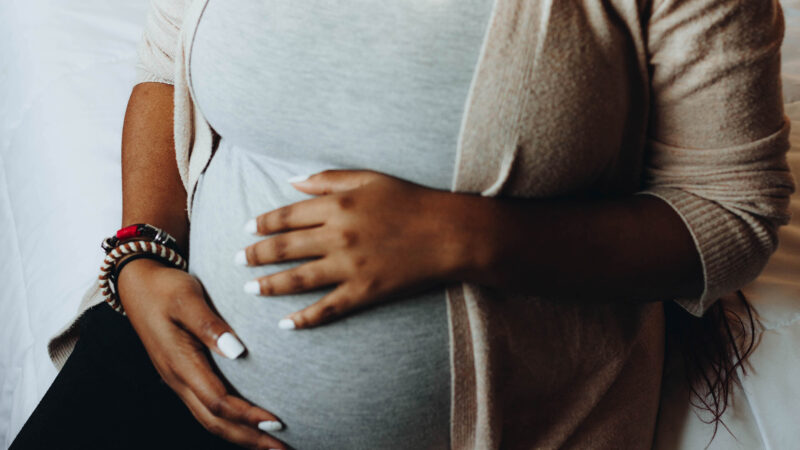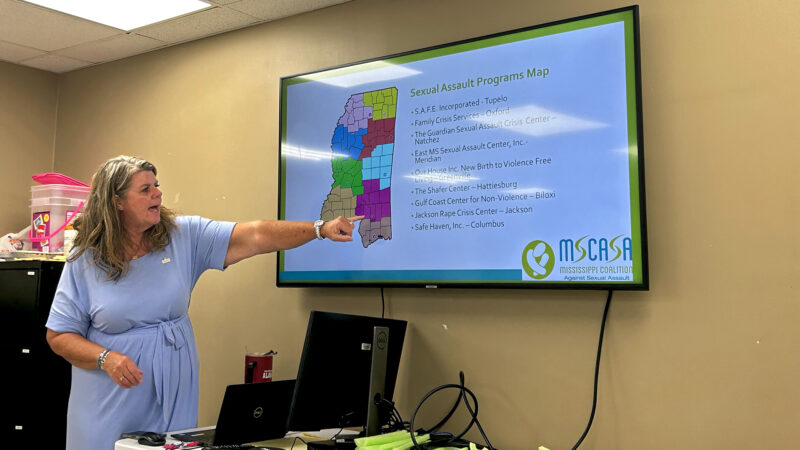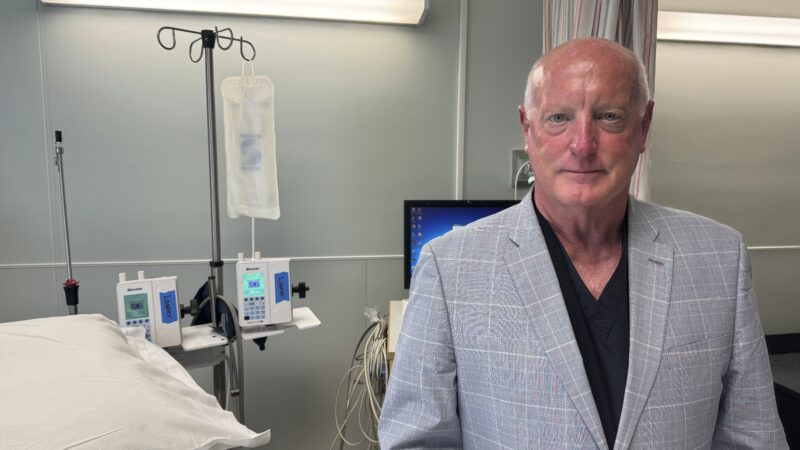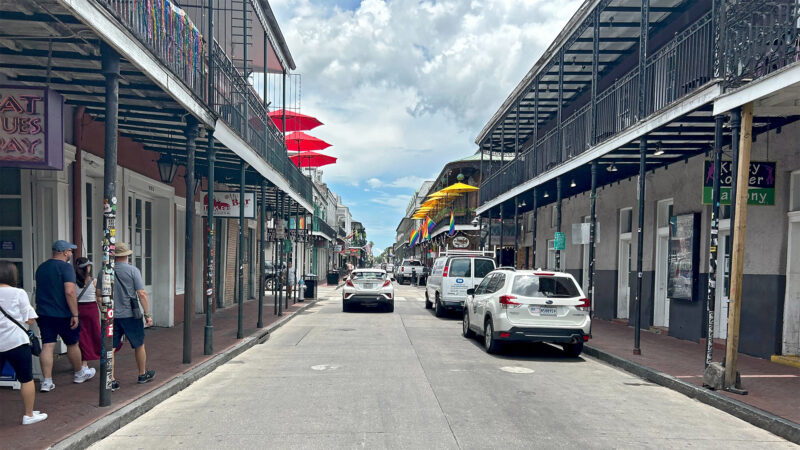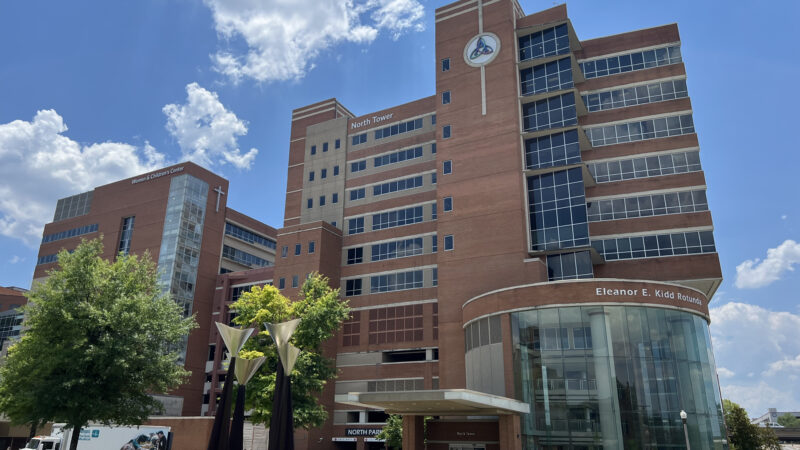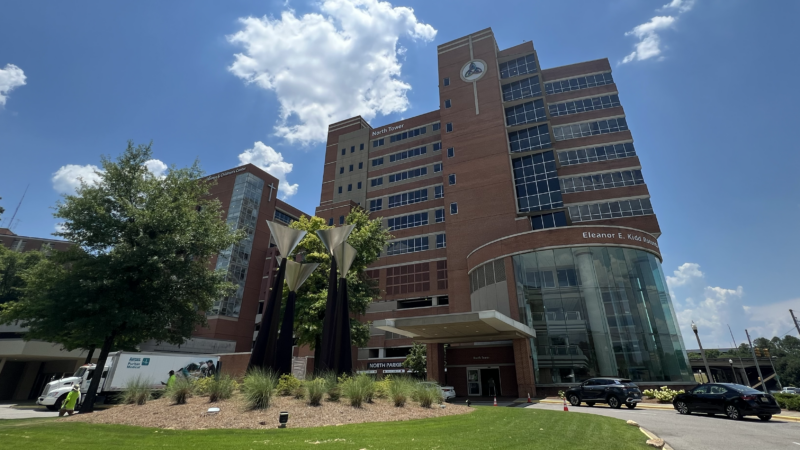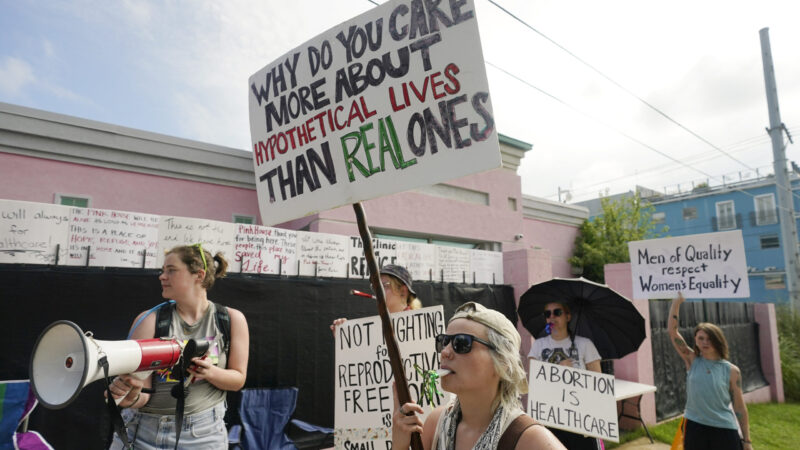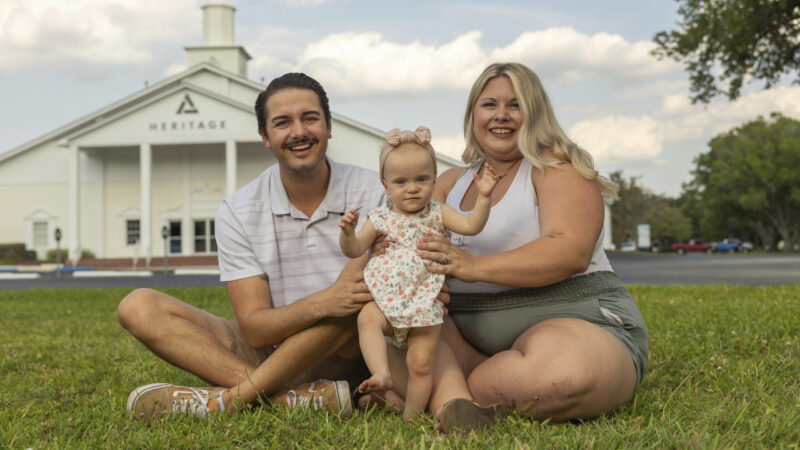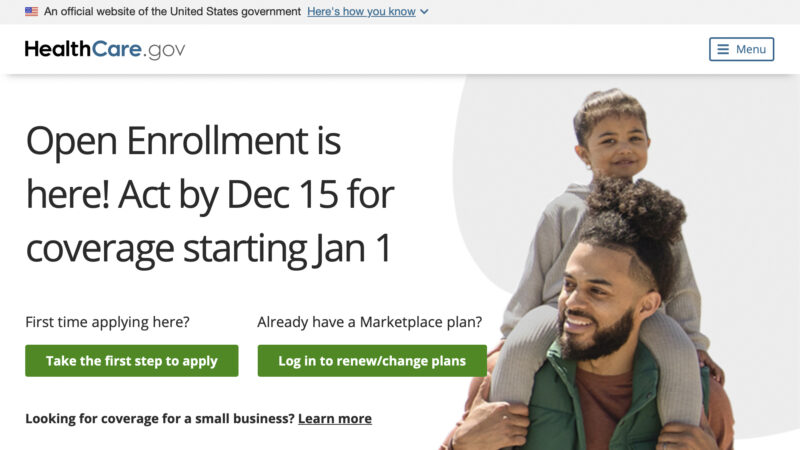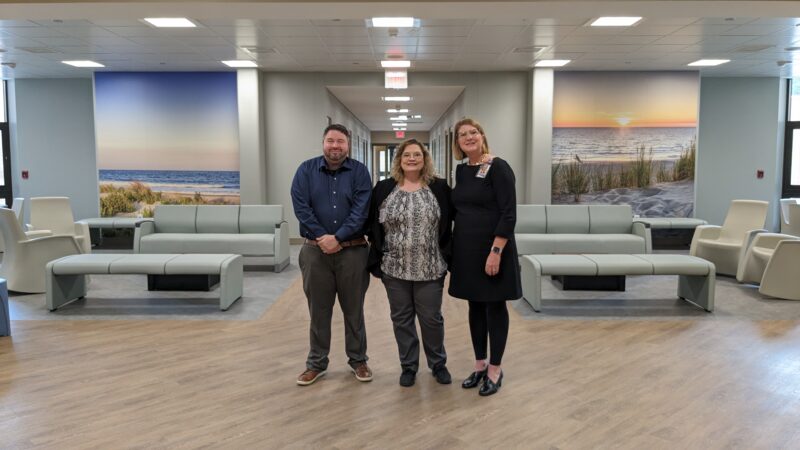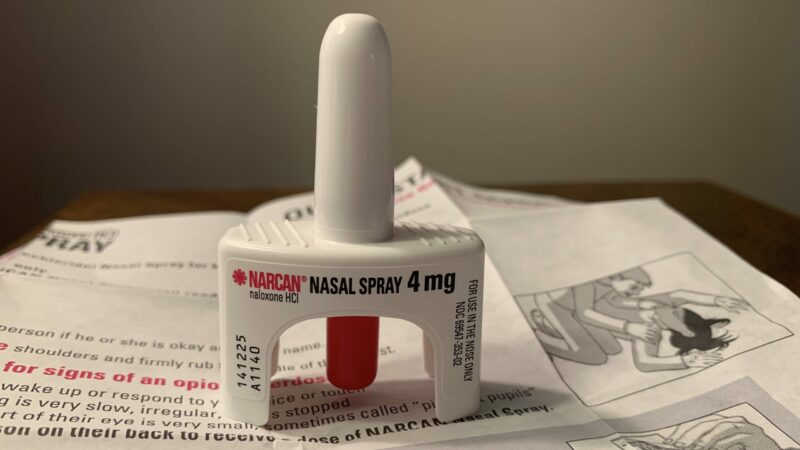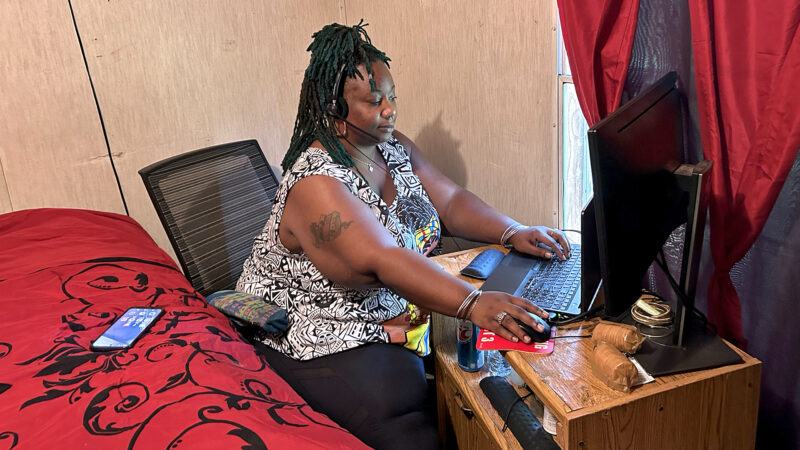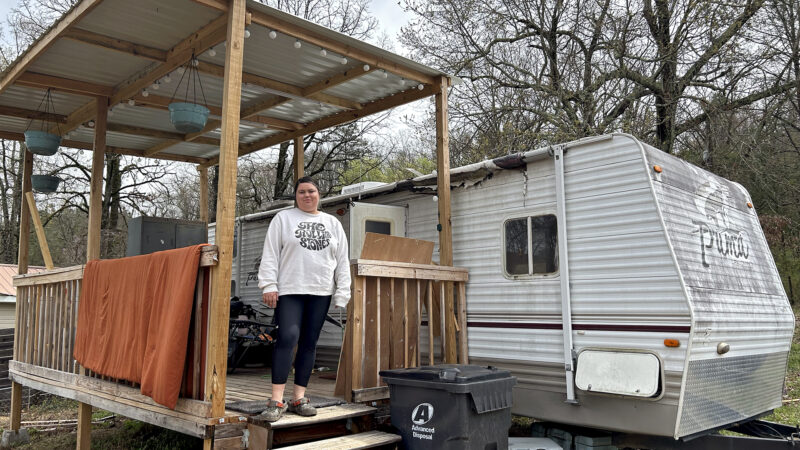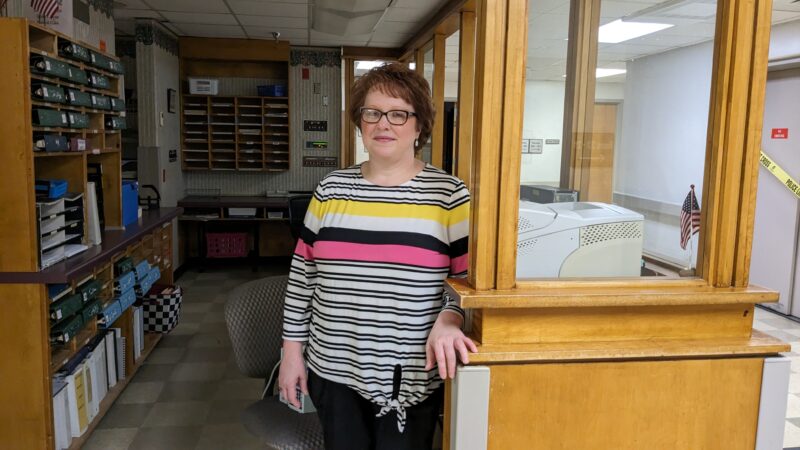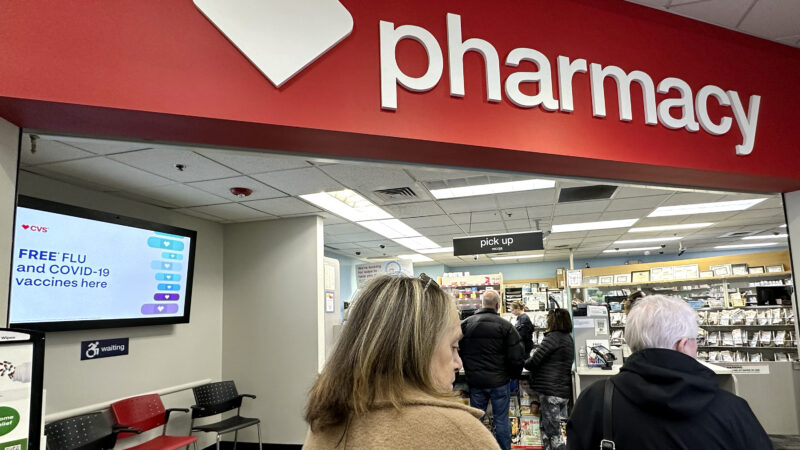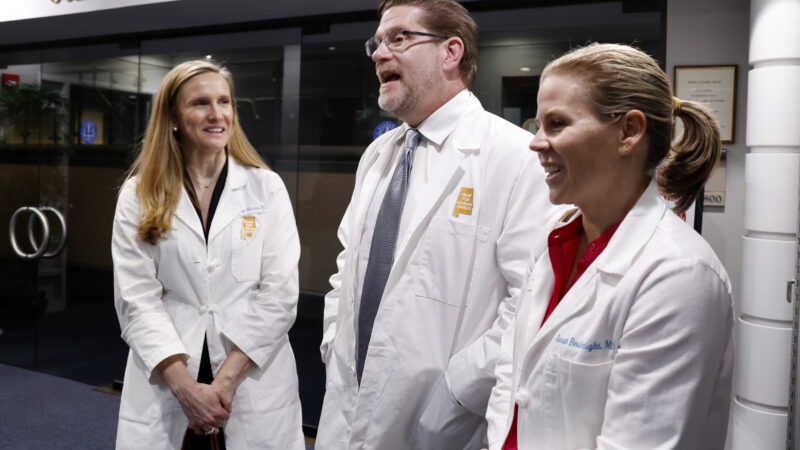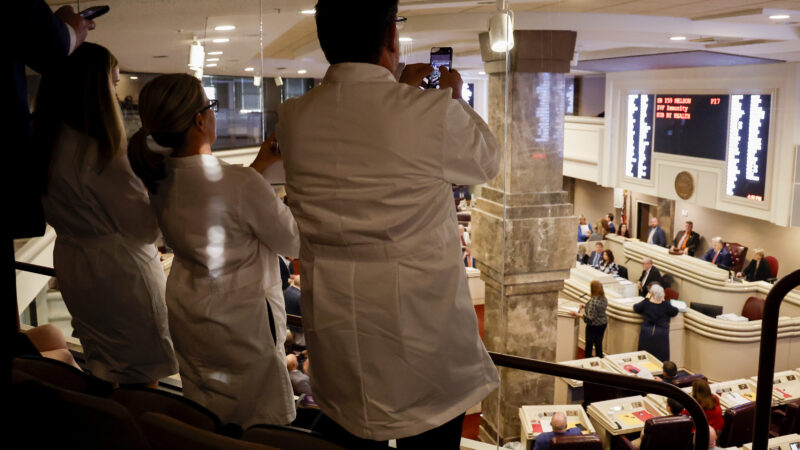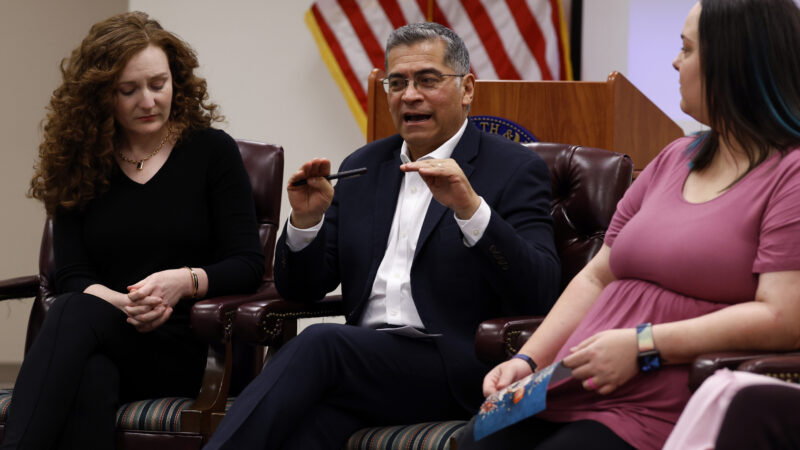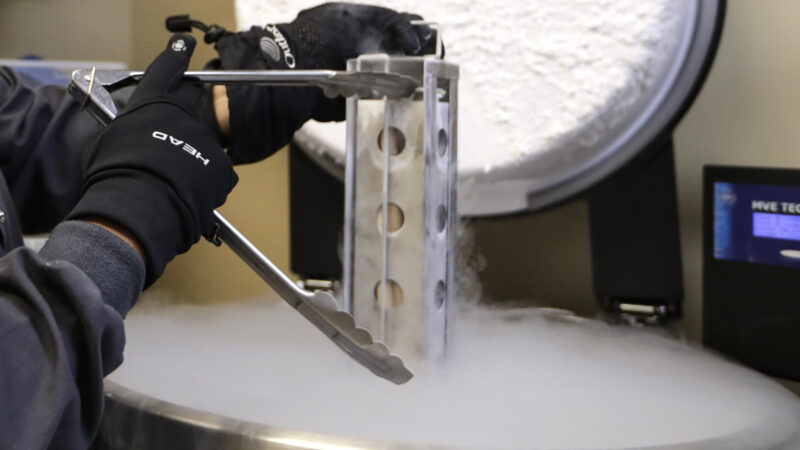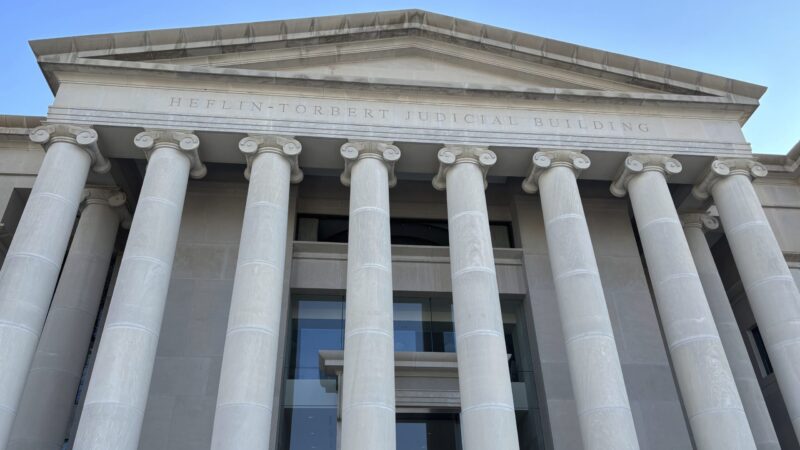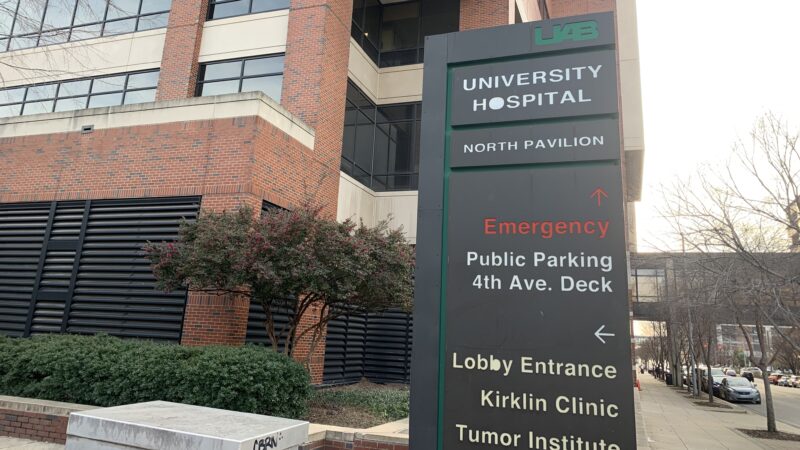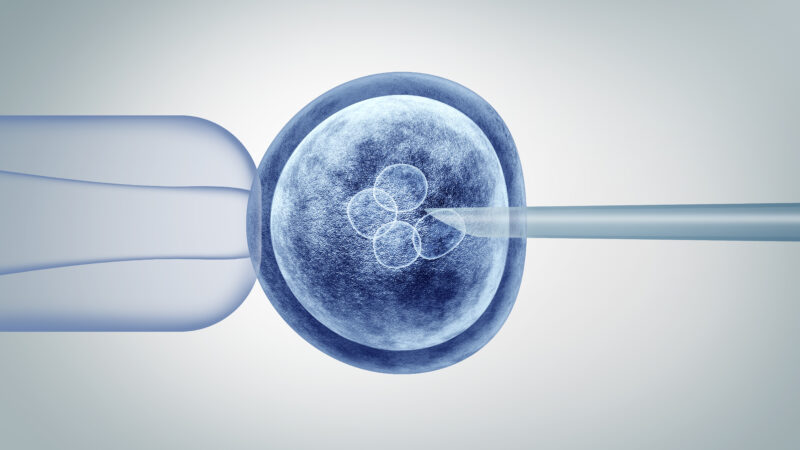Health Care
‘A dream come true’: Alabama ‘grandfamilies’ are set to receive opioid settlement funds
The new state program— the first of its kind in the U.S. — will give $280,000 from opioid settlement funding to grandparents raising their grandchildren.
11th Circuit allows Alabama to enforce its ban on gender-affirming care for minors
In a decision released Wednesday night, a majority of judges on the 11th U.S. Court of Appeals declined a request by families with transgender children for the full court to reconsider a three-judge panel’s decision to let the law go into effect.
High school football is back. How are Gulf South schools keeping players safe from the heat?
Student-athletes may not be too concerned about playing in extreme heat, but parents, coaches and trainers are taking plenty of precautions to keep them safe.
Heart disease is rampant in parts of the rural South. Researchers are hitting the road to learn why
Public health experts from some of the nation’s leading research institutions have deployed a massive medical trailer to rural parts of the South to test and survey thousands of local residents. The goal: to understand why the rates of heart and lung disease are dramatically higher there than in other parts of the U.S.
Need help with breastfeeding? Here are some local resources for Alabama parents
August is National Breastfeeding Month, but the Gulf South has some of the lowest breastfeeding rates in the country. Advocates are trying to change that.
Women’s health care in the Gulf South is ‘bleak,’ new report says. Here’s how Alabama ranks
Poor ratings in preterm birth rate, infant mortality led to Alabama ranking 45th in the U.S. in the Commonwealth Fund's new "scorecard" on women's health care.
This free training aims to address the Gulf South’s shortage of sexual assault nurses
The week-long, free program gives medical professionals tools to provide trauma-informed care — and potentially help with prosecutions.
Alabama birthing units are closing to save money
One of the last remaining birthing units in southern Alabama will close next month to qualify for federal funding that will save the hospital’s emergency services, but doctors warn the move may cost newborns and pregnant women essential access to obstetric care.
Should heat waves get names like hurricanes? Some believe it could help save lives
As heat waves and heat domes become more intense, the idea of naming extreme heat as we do with other major disasters is gaining traction with some experts.
Price increases? Job losses? How will UAB’s acquisition of St. Vincent’s impact local health care?
The president of Alabama’s hospital association says the acquisition will help maintain access to care, but some economists predict the move will lead to job cuts and higher health care costs.
UAB to acquire Ascension St. Vincent’s for $450 million
Under the agreement, UAB will assume control of all Ascension St. Vincent's hospitals and providers in Alabama.
Q&A: Ruth Leitman on filming The Pink House, the frontline in the fight for abortion rights
Leitman filmed the Jackson, Mississippi, clinic at the center of the SCOTUS decision on abortion rights for seven years for her documentary, "No One Asked You."
A court ruled embryos are children. These Christian couples agree yet wrestle with IVF choices
How do you build a family in a way that conforms with your beliefs? Is IVF an ethical option, especially if it creates more embryos than a couple can use? The dilemma reflects the age-old friction between faith and science at the heart of the recent IVF controversy in Alabama, where the state Supreme Court ruled that frozen embryos have the legal status of children.
Gulf South sees record ACA Marketplace enrollment, driven by enhanced subsidies
A new report finds that the South leads the U.S. in increased ACA Marketplace enrollment — especially in states that have not expanded Medicaid.
Alabama officials hope renovated forensic mental health hospital will reduce backlog in county jails
The expansion will provide more space to care for a growing number of people considered incompetent to stand trial because of a mental health issue.
After years of increases, Jefferson County sees a decline in overdose fatalities
Following years of record-breaking increases, Jefferson County is finally seeing a decline in overdose fatalities. We talk to local officials to better understand the reasons for the drop, and if it’s a sign of a longer-term trend.
‘Stupidity of politics’: Medicaid expansion effort dies in Mississippi
Mississippi lawmakers couldn’t come together to pass a bill that could have expanded Medicaid for thousands of residents.
Florida’s 6-week abortion ban will have a ‘snowball effect’ on residents across the South
Abortion rights advocates say the ban will likely force many to travel farther for abortion care and endure pregnancy and childbirth against their will.
Why haven’t Kansas and Alabama — among other holdouts — expanded access to Medicaid?
Only 10 states have not joined the federal program that expands Medicaid to people who are still in the "coverage gap" for health care
Q&A: How harm reduction can help mitigate the opioid crisis
Maia Szalavitz discusses harm reduction's effectiveness against drug addiction, how punitive policies can hurt people who need pain medication and more.
Alabama’s racial, ethnic health disparities are ‘more severe’ than other states, report says
Data from the Commonwealth Fund show that the quality of care people receive and their health outcomes worsened because of the COVID-19 pandemic.
IVF could help her start the family she wants. Will Alabama’s personhood law derail it?
Despite a law meant to protect IVF in Alabama, patients and advocates worry the protections won’t hold — and warn of future attacks on reproductive rights.
What happens when a rural hospital shuts its doors? Look to Pickens County
Residents in the west Alabama county warn that the lack of emergency care can have deadly consequences. It's a fate that could befall a growing number of rural communities.
Alabama pharmacists urge lawmakers to pass HB 238
Supporters of the legislation say it would create a more transparent reimbursement system for struggling pharmacies. The bill's opponents worry it could drive up insurance costs.
Two Alabama IVF providers resume treatment under new law
Patients celebrated the new legislation, which grants civil and criminal immunity to providers involved in IVF procedures.
Alabama governor signs legislation protecting IVF providers from legal liability into law
Republican Gov. Kay Ivey signed the bill after it was approved in a late-night session by lawmakers scrambling to address a wave of criticism after services were halted at some of the state's largest fertility clinics.
Alabama IVF patients describe heartbreak, anger after ruling
The panel of patients came in the wake of an Alabama Supreme Court ruling that called into question the future of some fertility treatments in the state.
Alabama fertility care in limbo as lawmakers discuss legislation
As patients lose access to care, the clock is ticking for Alabama lawmakers to agree on legislation to protect IVF.
A mother asks what’s next after Alabama Supreme Court ruling that frozen embryos are children
Dr. Aubrey Coleman, who’s a mom, pediatrician, and IVF patient, discusses the far-reaching repercussions of the Alabama Supreme Court ruling that finds embryos are legally the same as children.
How an Alabama court ruling that frozen embryos are children could affect IVF
The Alabama Supreme Court recently ruled that frozen embryos can be considered children under state law, raising concerns about how the decision could affect in vitro fertilization, commonly known as IVF.
UAB puts pause on IVF in wake of ruling saying frozen embryos are children
The University of Alabama at Birmingham health system said in a statement that it must evaluate whether its patients or doctors could face criminal charges or punitive damages for undergoing IVF treatments.
Alabama Supreme Court rules frozen embryos are ‘children’ under state law
The decision, issued in a pair of wrongful death cases brought by couples who had frozen embryos destroyed in an accident at a fertility clinic, brought a rush of warnings from advocates who said it would have sweeping implications for fertility treatments.

